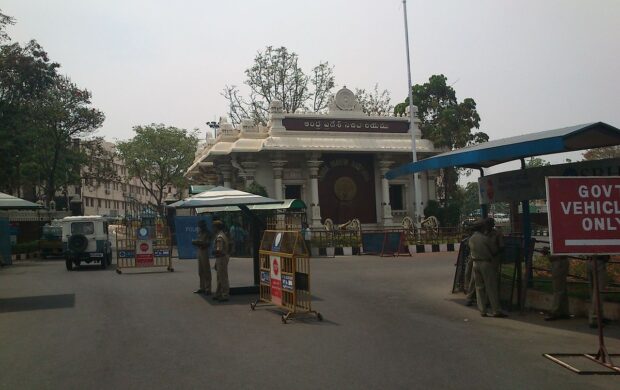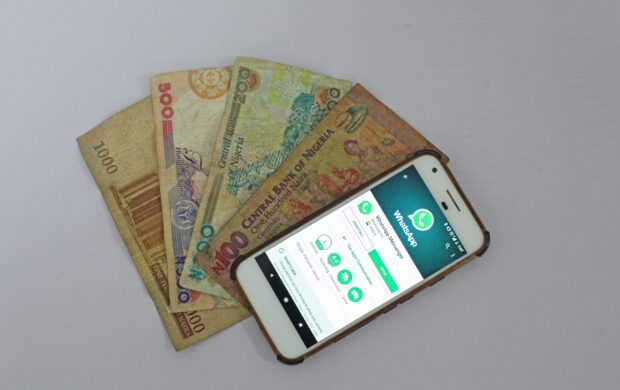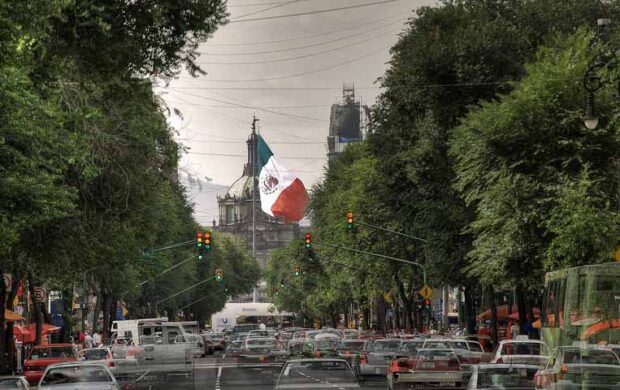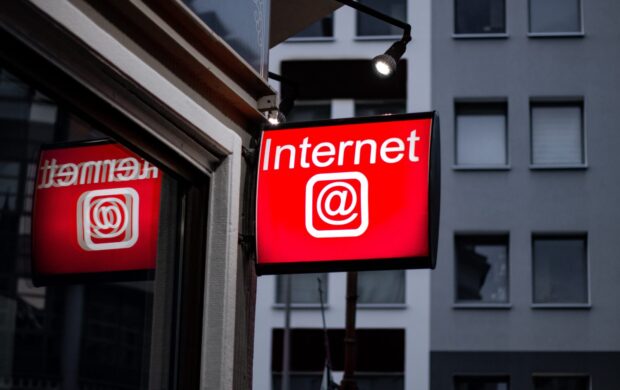Facebook has recently shared partial information with the Independent Investigative Mechanism on Myanmar (IIMM) regarding content it removed in 2018 and withheld for over a year, after the UN body accused it of withholding evidence of serious hate crimes against the Rohingya. Facebook told Reuters it had removed 18 accounts and 52 pages associated with the Myanmar military to stop hate speech, but has not commented on the content.

So what?
The head of the IIMM said he is hopeful that this first share of information is a first step towards “a cooperative relationship that will allow us access to important relevant evidence of serious international crimes”. Tech giants have increasing control over flows of information relating to international and national security, putting the spotlight on the ethics of their policies and regulations.
Governments and tech giants are also at loggerheads over how data should serve corporate interests. In India, a government body recommended setting up a regulator for anonymised information to be shared between companies, to spur the digital ecosystem and support business growth. However, tech giants Amazon, Facebook and Google are pushing back. The US India Business Council says this would undermine investments by companies to process and collect the information.
Underlying all this tension is the question of rights and ownership over personal information. Do the rights lie with the companies who collect it, the individuals who produced it, or the governments and authorities who are ultimately accountable for the public good? Should individual data rights trump collective security, or vice versa? And how can these questions be addressed across jurisdictions?
Crucially, are digital literacy and understanding of the impacts of different public policy approaches sufficient for an informed debate?



















Join discussion